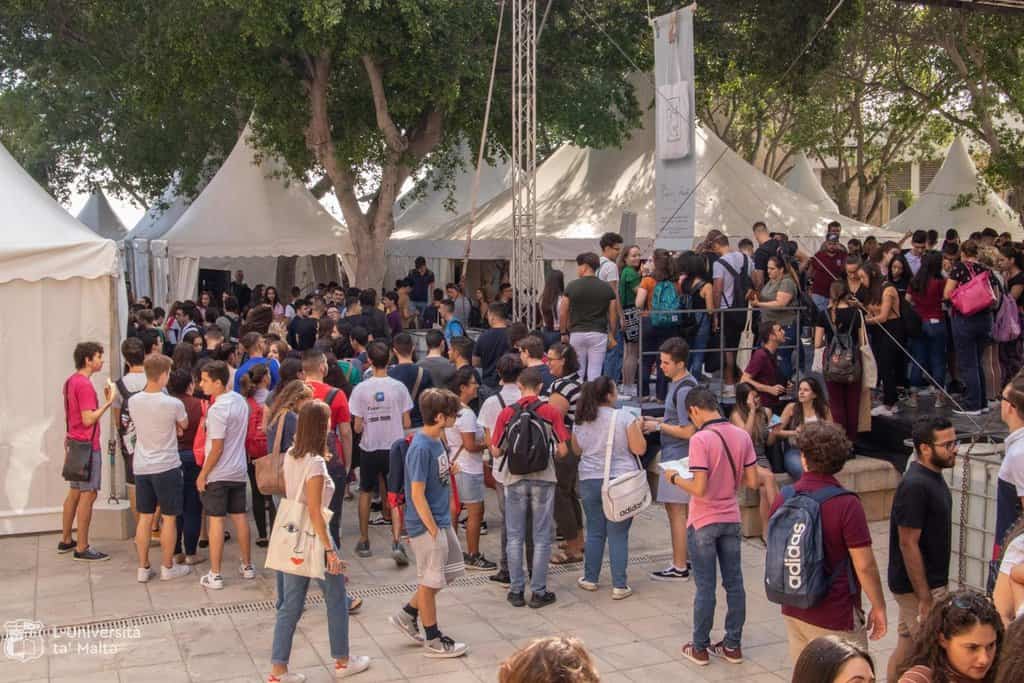
This is going to feel like a cop-out though it’s not meant to be.
I think the government is right to provide incentives, even monetary incentives, to encourage students to choose academic programs that yield a greater return to the economy. There are, no doubt, more reasons than merely wealth that should go into deciding a career path. There is, no doubt, an obligation for the state to ensure accessibility to all manner of learning, even subjects that do not obviously lead to lucre. But after ensuring accessibility and availability to study whatever you’re interested in, the government does no wrong in creating special incentives to promote learning which is prioritised in the country’s economic plan.
I think the student organisations complaining about the scheme today are also right that the absence of incentives for the arts and humanities is a misguided decision of the government. My reasons for agreeing maybe different to their reasons for objecting. I don’t disagree with incentives for priority areas of studies even if these would amount to discrimination against areas of studies that are not prioritised.
I object to disincentives to further study in the arts and humanities because unlike the government I happen to think these should be economic priorities for the country.
On the one hand the government – rightly, in my view – provides economic advantages to students who study artificial intelligence and mathematics. That decision makes economic sense. It is relevant to a future which is around the corner. It provides a path which is economically relevant in a technologically changing world.
I agree the economy isn’t everything. But very little else could be without it.
Having said that, in a world where artificial intelligence can draft your contracts, draw up your business forecasts, and diagnose disease, we need to invest in humans with skills that artificial intelligence can only imitate. We need creative people, skilled in language, who have studied literature, theatre, and film, and history, philosophy, and linguistics. We need these people not only because these careers can fulfil the aptitudes of individuals for whom no financial incentive could adapt them to engineering or mathematics. We need these people because the next economic phase will flourish only if we have human resources with excellent creative capabilities.
The student organisations say that if we get less students in the humanities departments, we’ll exacerbate the crisis of critical thought. They’re probably right though it’s hard to imagine how things can get worse. Artists, historians, and philosophers are critical by design, it’s true, and no doubt we need a stock of those. But the real win will be when we have critical architects, and doctors, and engineers, and educators as well.
The crisis of critical thought in this country can hardly be made worse if we manage to increase applications to the mathematics program. The crisis of critical thought starts in schools where children of all aptitudes seem to be somehow starved of a desire to object. It starts earlier, even. It starts with the uncritical example of compliant parents who perpetuate the empty amorality of ‘shut up and make your way’. Monetary incentives cannot fix that.